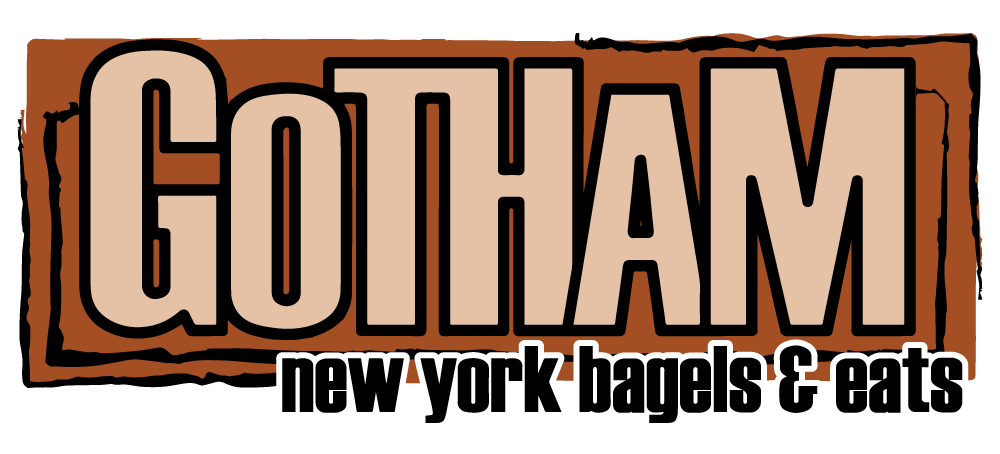What is an Egg Bagel?
We know that lots of sweet holiday breads feature egg—think challah—but what is egg doing in a savory bagel? Egg bagels might mystify you; many are deeply confused by what they actually are. Some may even have an (unfounded) aversion to egg bagels—people fear what they don’t understand! Do egg bagels taste like eggs? Do they contain eggs? Do they have any relation to egg noodles? Don’t worry, we’ll get to the bottom of this.
The Scoop On Egg Bagels
Normally, bagel dough does not contain eggs. Egg bagels do actually get their special name from the addition of eggs to the mix before baking! They often also contain a bit of sugar and yellowing coloring. Egg bagels are a relatively modern invention: for the majority of its hundred year history, the bagel was just a humble concoction of flour, water, yeast, and salt—boiled and then baked. The Eastern and Central Europeans that first baked bagels consumed them as a street food, and relatively costly ingredients such as egg or sugar weren’t involved. The egg bagel flavor was developed in the United States to meet the demands of a population looking for a less crusty, softer baked good, and has since become a classic.
What does an egg bagel taste like?
Egg bagels have a taste that is more rich than “plain” bagel dough. It may also be slightly sweeter, but the real difference is about the texture! Egg bagels are softer and puffier, replacing some of the chewiness of traditional bagels with an easier bite. This slightly finer crumb structure (a fancy way of saying the inside part of the bagel) does wonders for the flavor of the bagel. The boost in color that eggs bring to bagels is appreciated, too!
Eggs are an important leavening and emulsifying agent (Photo: bakingbusiness.com)
The science behind egg bagels
Eggs are used as a leavening agent in all sorts of recipes, meaning they’re included to help the finished product rise higher. A few other things happen when you enrich a yeast dough with egg: first, the water in the eggs increases the moisture of the dough. Second, eggs have an emulsifying effect that binds the mixture into a smooth dough. Third, eggs add fat that weakens the bonds in the gluten proteins (the chewy part!), which makes the bread more fluffy and less tough. Fourth, eggs bring protein of their own—and when those proteins undergo the baking process, they end up making the bread much more tender. As far as the improved color goes, it is a result of the Maillard reaction, which causes bread crust to change color depending on the combination of sugar, protein, water, and heat.
We also bake egg everything bagels at Gotham Bagels (yep, that’s an egg bagel with everything spice!)
Why should I try one?
If the description of an extra level of richness and flavor didn’t appeal to you, maybe a health benefit will. Adding whole eggs or egg whites to a dough increases the nutritional value of a bagel. Eggs contain a lot of nutrients even in small volumes—they are a good source of calcium, iron, potassium, and linoleic acid as well as protein. It’s not just carbs in your bagel now! Embrace the egg bagel. Even if you’re a bagel purist, you really should try one at least once.



